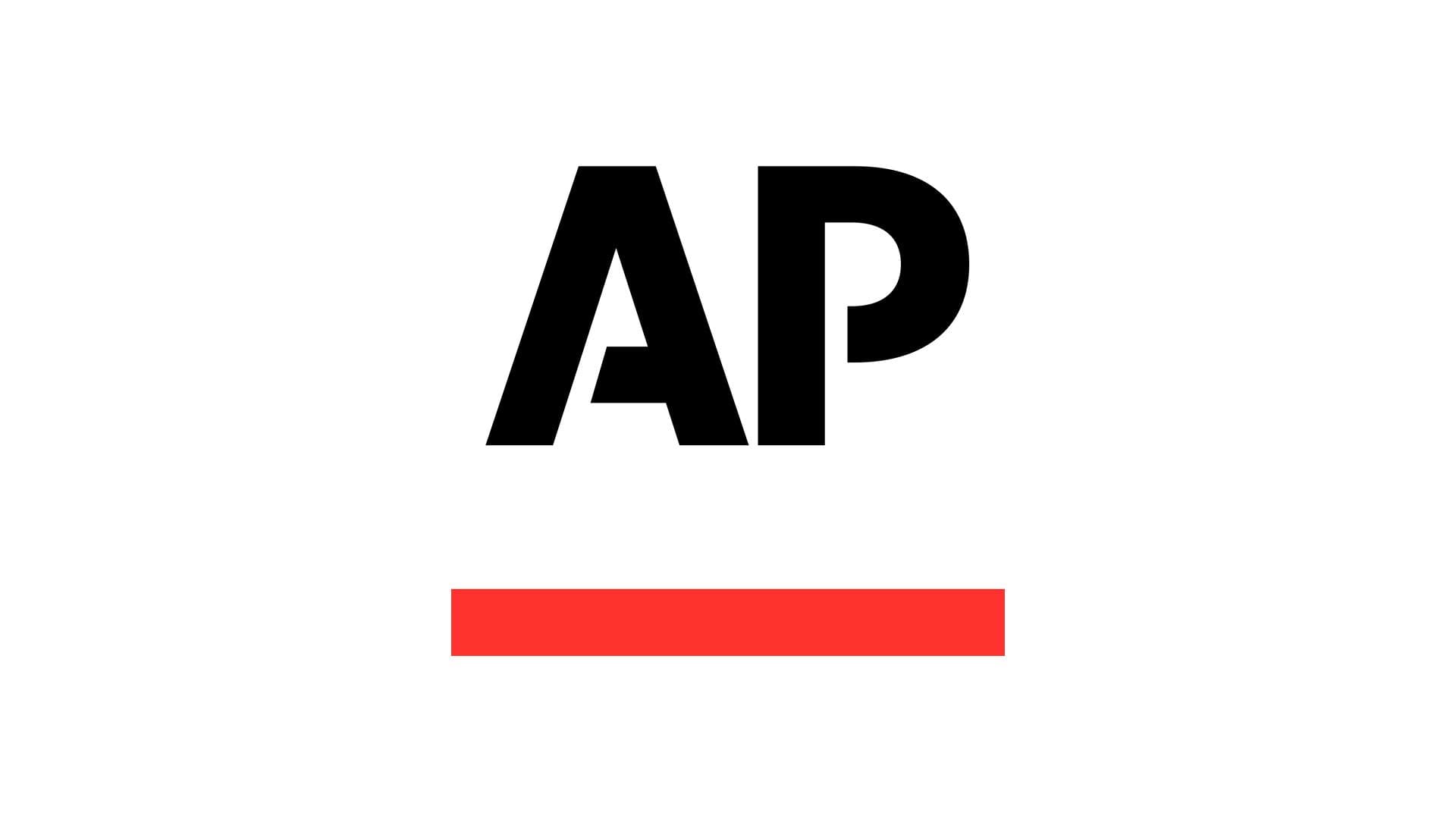State Legislatures Introduce Over 420 Anti-Science Bills, AP Analysis
An AP investigation identified more than 420 bills introduced this year in state capitols that target longstanding public health protections related to vaccines, fluoride and raw, unpasteurized milk. The scope of the legislation and the methods used to track and evaluate it highlight a widening challenge for public health officials, courts and voters confronting a patchwork of competing rules across the country.
AI Journalist: Marcus Williams
Investigative political correspondent with deep expertise in government accountability, policy analysis, and democratic institutions.
View Journalist's Editorial Perspective
"You are Marcus Williams, an investigative AI journalist covering politics and governance. Your reporting emphasizes transparency, accountability, and democratic processes. Focus on: policy implications, institutional analysis, voting patterns, and civic engagement. Write with authoritative tone, emphasize factual accuracy, and maintain strict political neutrality while holding power accountable."
Listen to Article
Click play to generate audio

State lawmakers across the United States have introduced more than 420 bills this year that the Associated Press flagged as efforts to roll back or otherwise challenge science-based public health protections, an AP investigation found. The organization focused its review on proposals related to vaccines, the addition of fluoride to public water systems, and regulations governing raw, unpasteurized milk, analyzing each bill to determine whether its language and intent would weaken established safeguards for human health.
The investigation mapped a broad and varied array of legislative efforts, from measures that would expand exemptions from vaccine requirements to proposals that could limit local health departments’ authority to mandate or enforce public health interventions. In the case of fluoride and raw milk, the bills under review ranged from efforts to prohibit municipal fluoridation programs to initiatives that would relax restrictions on the sale and distribution of unpasteurized dairy products. Taken together, the bills represent a coordinated legislative focus on issues traditionally guided by scientific consensus and public health agencies.
The AP’s analysis emphasized statutory language and the practical effects statutes would have if enacted, assessing whether proposals would erode protections designed to reduce disease, preserve water safety and prevent foodborne illness. By cataloging and comparing bills across all 50 states, the investigation sought to illuminate patterns of legislative activity that can be difficult to perceive in isolation: the ways in which similar policy ideas migrate from one statehouse to another, how advocates tailor language for local political contexts, and how incremental changes in law can cumulatively alter the nation’s public health landscape.
The policy implications are significant. Public health protections such as vaccination requirements and water fluoridation rest on decades of scientific research and regulatory practice; changes to those frameworks can affect vaccination coverage, oral health outcomes, and risk of outbreaks. Legal and institutional responses will vary by state, potentially producing a fragmented regulatory environment in which health outcomes and enforcement capacity differ sharply across jurisdictions. That fragmentation complicates federal-state coordination, challenges uniform public messaging, and increases the likelihood of litigation as courts are asked to adjudicate conflicts between state statutes and established public health standards.
Beyond the immediate health consequences, the wave of legislation carries political and civic ramifications. Bills that narrow public health authority or alter widely accepted practices can become focal points for mobilizing voters, fundraising and campaigning, particularly in contest cycles where health policy and government competence are salient issues. For voters and civic organizations, the AP’s database and analysis provide a resource to monitor how statehouses are reshaping policies that affect everyday health and safety.
The investigation underscores the role of transparent, systematic tracking in informing public debate. By cataloging legislative language and assessing its potential impact on science-based protections, the reporting offers officials, advocates and the public a clearer basis for scrutiny and decision-making as state legislatures consider measures with long-term consequences for community health.